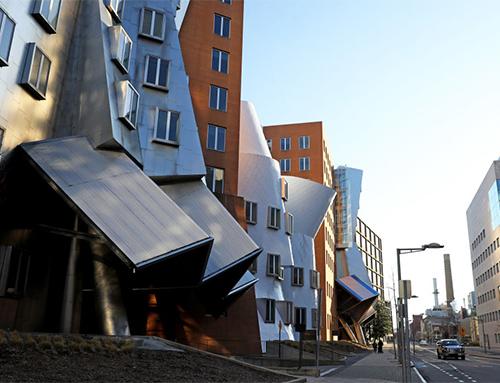Gen Z renters begin pouring into major Metros
Two years ago, newly graduated Gen Zers were moving into tertiary markets closer to their native towns. Now they’re booking it to big cities.
Last year, the share of Gen Z renters doubled from 2020 in both San Francisco (from 11% to 21%) and Jersey City (9% to 18%). In Manhattan, Philadelphia, and Boston—where retail activity has faltered due to half-full offices—Gen Z renter shares were up 60% over that one-year span and took up 15% to 17% of apartment space.
That’s according to Rent Café, a leading website for apartment rentals, which discovered this urban residential renaissance on the part of young Americans in its analysis of between two and three million rental applications.
“After a one-year hiatus back home or in their college towns, the youngest renters doubled down on their quest to experience urban life, quite similar to what their millennial peers did after the Great Recession,” read the Rent Café report.
It’s the Web they’ve grown up entangled with that has led Gen Zers to major metros. Rent Café learned that the digital economy and high internet speeds of urban centers have become a necessity for the generation. Boston, for instance, offers an average internet speed of 175 megabytes per second compared to a national average of 99 MB/s. With its many colleges and universities, New England’s biggest city is also a breeding ground for tech professionals.
The same holds true for educational centers out west. Davis, Calif., whose college enrollment grew 1.1% over 2020, became the city with the largest Zoomer majority—69% of all apartment applications. Conway, Ark., the “City of Colleges,” moved up from 14th place to 4th place on Rent Café’s list of Top Cities for Gen Z renters with 59% of its renters being 25 or younger.
Whether Gen Zers are looking for professional colleagues to bounce ideas off of or romantic partners, they’re more likely to find someone to connect with in a big, dense city,” said Nicholas Dempsey, associate professor of sociology at Eckerd College.




